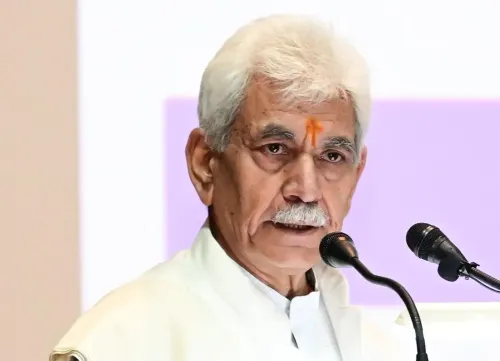How is the Punjab Cabinet Enhancing Property Payment Processes?

Synopsis
Key Takeaways
- Payment period for property sales reduced to 180 days.
- Enhancement of municipal revenue collection.
- Reduction in legal disputes over delayed payments.
- New service rules for police promotions.
- Approval of the Punjab Appropriation Acts (Repeal) Bill of 2025.
Chandigarh, May 23 (NationPress) In a pivotal move to enhance and accelerate the payment mechanism for properties transacted by Urban Local Bodies, the Punjab Cabinet, under the leadership of Chief Minister Bhagwant Mann, on Friday sanctioned a crucial amendment to the Punjab Management and Transfer of Municipal Properties Rules, 2021.
This decision was reached during a meeting of the Council of Ministers held here. A representative from the Chief Minister’s Office indicated that, according to the amendment, the Cabinet has opted to shorten the timeframe for the payment of sale prices by allottees to six months for properties sold by Urban Local Bodies.
Consequently, allottees will now be mandated to pay the entire sale price within 180 days from the date of allotment, replacing the previous arrangement of six and a half-yearly installments.
The objective of this decision is to facilitate quicker revenue realization for Urban Local Bodies, bolster municipal finances, and assist the general populace by minimizing legal disputes associated with delayed payments.
Moreover, to further harness the state's growth potential by fostering a dynamic atmosphere for promotions within the Punjab Police, particularly for those elevated from the sports quota, the Cabinet has approved the establishment of service rules for officers and employees in the 207 specially promoted cadre.
This initiative will manage future promotions of police personnel and further streamline their other service matters.
Following the recommendations from the Group of Secretaries committee regarding the review of redundant laws and regularisation and decriminalisation, the Cabinet also sanctioned the Punjab Appropriation Acts (Repeal) Bill of 2025.
In line with these recommendations, the Finance Department evaluated the proposal and pinpointed the appropriation Acts for repeal, which authorized departments to incur expenses from the state’s consolidated fund.









